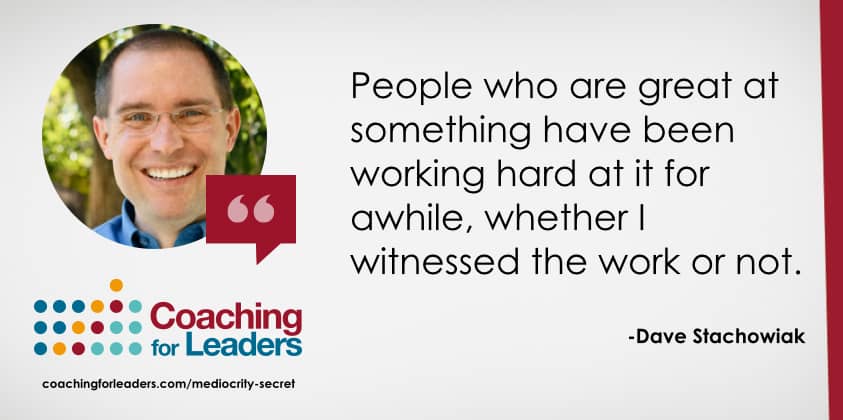[ad_1]
Ten years in the past, I had simply been employed by Dale Carnegie to work with shoppers as a facilitator and teacher. Certainly one of my first assignments was facilitating a 45-minute workshop for a gaggle of managers at considered one of our shopper organizations.
I ready extensively to make it possible for the shopper’s time was effectively used and that they acquired the anticipated outcomes. I talked by way of the workshop with extra a skilled teacher, a number of instances. I practiced my supply repeatedly. I felt as prepared as I may very well be.
When the day got here for the workshop, I used to be nervous. As I used to be strolling to the entrance of the room, I puzzled why on earth they needed me, a brand new teacher, to facilitate this workshop.
I adopted my plan exactly, did my finest to interact everybody within the room, and largely coated every thing we deliberate within the timeframe allowed.
I felt panicked all the time.
When the workshop was over, the shopper provided reward for a job effectively performed (and so they employed us again many instances after that, so I consider the reward was real).
However I didn’t really feel good in any respect. I’d labored ten instances more durable than our extra senior instructors would have, for lesser outcomes. I’d didn’t hit each goal I needed to hit.
Largely, I used to be simply glad to be completed with it.
It will have been straightforward to say, “I’m simply not a coaching particular person.” And naturally, I wasn’t, at the moment. I hadn’t performed it a lot earlier than then.
At present, I flip down extra instruction alternatives than my schedule permits.
That’s one purpose this recent article in the Atlantic caught my consideration. In it, the authors argue that we now have a math downside in America as a result of when youngsters present up in class, the mediocre math college students don’t see all of the laborious work that’s already been performed by dad and mom at dwelling with the scholars who’re vastly higher at math. It’s straightforward for common math college students to conclude, “I’m not a math particular person.”
The authors again up their article with tons of analysis that aligns with my expertise as effectively:
- If I need to get higher at one thing, I must work laborious at it.
- People who find themselves nice at one thing have been working laborious at it for awhile, whether or not I witnessed the work or not.
I wasn’t there to see the 20+ years of expertise a number of the senior instructors had put in who mentored me in these early shopper engagements. After all that they had extra confidence, higher outcomes, and fewer preparation time.
I can’t consider anyone I do know who has been wildly profitable with a specific ability set (together with management, individuals expertise, and communication) with out consitent, laborious work and willingness to make peace with mediocre outcomes early on.
So, what’s the soiled, little secret about mediocrity?
You want it.
It’s step one on the trail to excellence. Should you haven’t skilled not less than some mediocrity, you’ll in all probability not on that path.
I do know right this moment that I should be prepared to place up with mediocrity for awhile earlier than I get good at something. And, I’ve to work even more durable, for longer, to show good into glorious.
[reminder]What’s a glorious ability you may have right this moment that you just wanted to be mediocre at for awhile?[/reminder]
[ad_2]


